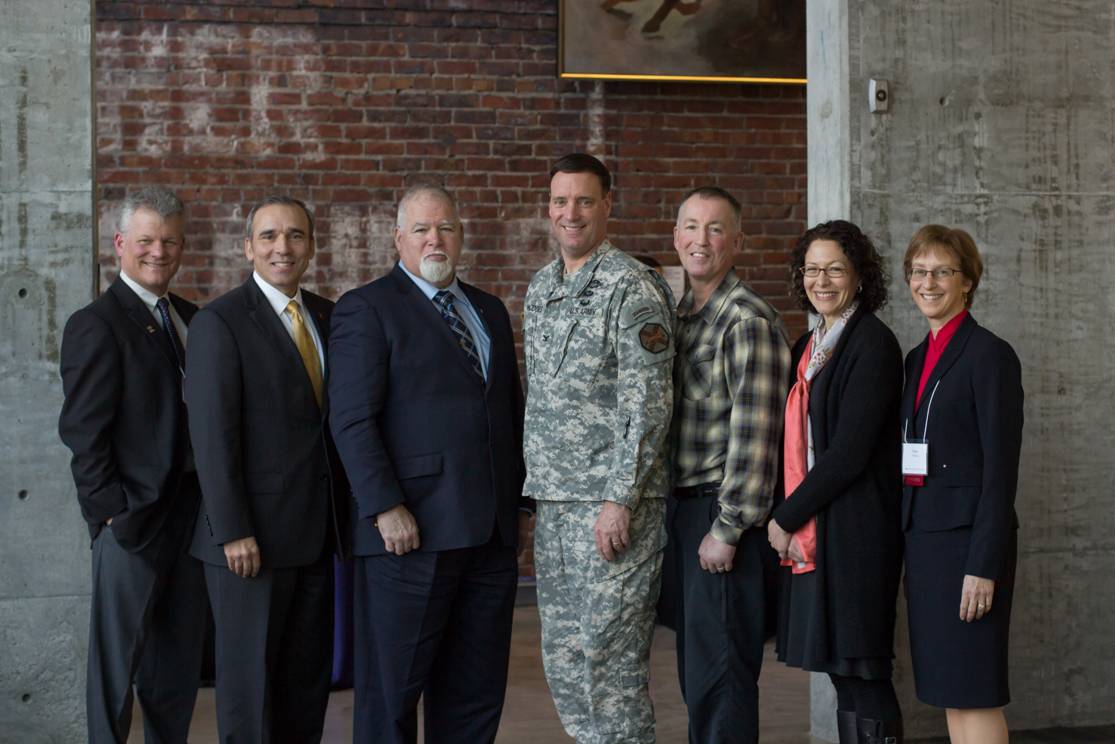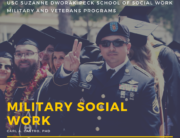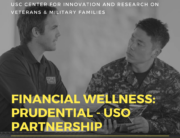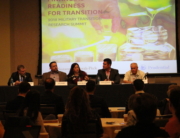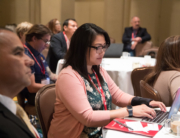The conflicts in Iraq and Afghanistan have been the longest-running in the United States’ history. Since 2001, approximately 2.6 million service members have been deployed (many, multiple times) as part of the nation’s all-volunteer force.
As they return home, all of them will have unique and different transition experiences. A common denominator to a successful transition from military to civilian life, though, continues to be employment. Moreso than merely having a job and cashing a paycheck, securing meaningful employment can also serve as a protective factor against mental health challenges while providing a veteran with a sense of purpose, teamwork and secondary social benefits.
Nonetheless, despite numerous efforts and recent gains, the unemployment rate for this most recent population of veterans remains stubbornly high. According to the U.S. Bureau of Labor Statistics, the 2013 jobless rate for post-9/11 veterans was 9 percent, higher than the civilian unemployment rate.
Obstacles persist in both preparing veterans for careers outside the military and educating civilian employers about the strengths and unique adjustments facing veteran workers. Once hired, veterans would also benefit from employee assistance programs and social workers in human service agencies who can understand and mitigate some of those challenges.
To address this issue, the Center for Innovation and Research on Veterans & Military Families (CIR) at the University of Southern California School of Social Work has partnered with Prudential in an effort to educate front-line health care professionals about military culture and some of the most pressing issues facing this generation of veterans as they return home and enter the workforce.
Both organizations have committed to host conferences at different universities’ schools of social work attended by behavioral health providers. Since June 2013, conferences have been held at Rutgers, the State University of New Jersey, University of Washington Tacoma and University of Maryland. Future conferences will take place at the University of Louisville in Louisville, Ky., and the University of Southern California in Los Angeles.
Each conference has provided practical skills, clinical perspectives and insights on a range of topics, including military culture, suicide prevention, anxiety and sexual trauma. Equally important, the conferences have urged providers to steer clear of stereotypes and misperceptions, including the most persistent—that every veteran returning from combat suffers from post-traumatic stress disorder.
These take-away points and key findings are summarized in a report following each conference, with a final plan to submit a peer-reviewed article of best practices to the Journal of Workplace Behavioral Health.
Increasingly, social workers and other behavioral health providers are becoming the first points of contact for veterans accessing reintegration services. Educating these professionals on the most common issues affecting veterans in the workplace will go a long way towards ensuring our service members’ talents and skillsets are not wasted.


